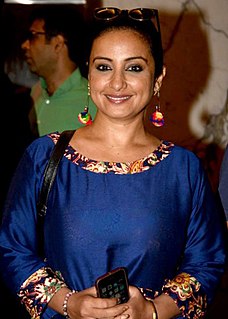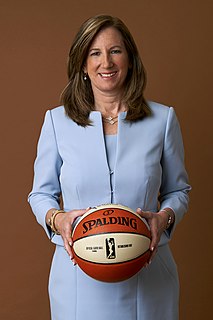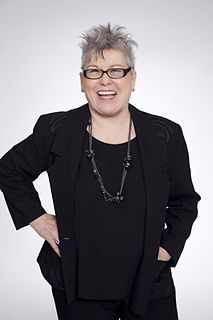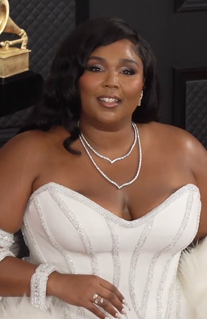A Quote by Julianna Baggott
The fact is there are many women who nod politely, even agree openly within their male-dominated often highly educated cultures, but vote their own minds.
Related Quotes
In many developing countries, girls don't go to school. They stay home. They are at the water wells, bringing water back and forth to the village. Or they are doing chores, preparing meals, farming. Some cultures think girls and women shouldn't be educated, and those are very often the places where the treatment of women and girls is the worst.
I joined a very male-dominated profession back in 1986. I wanted to work with big multinational Fortune 500 companies, but you don't come into the firm and automatically get those. So, quite frankly, a key to my success was that I found male mentors and male sponsors. I think some women are afraid to say that.
The dominance of [an ideology] is shown by the fact that the dominated classes live their conditions of political existence through the forms of dominant political discourse: this means that often they live even their revolt against domination of the system within the frame of reference of the dominant legitimacy.
There's really educated women out there who are feminists and they have read up on their stuff. They can talk to me right now, and school me on some things I've never known, and that's amazing, you are a scholar, you are wise, you are educated. But the unfortunate thing is also the reality, and the fact is, millions of people might not even know who these educated feminists are - hundreds will, thousands maybe.
Men ruled the roost and women played a subservient role [in the 1960s]. Working wives were a rarity, because their place was in the home, bringing up the kids. The women who did work were treated as second-class citizens because it was a male-dominated society. That was a fact of life then. But it wouldn't be tolerated today, and that's quite right in my book... people look back on those days through a thick veil of nostalgia, but life was hard if you were anything other than a rich, powerful, white male.







































